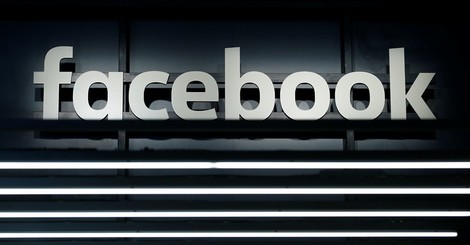Your podcast discovery platform
Curious minds select the most fascinating podcasts from around the world. Discover hand-piqd audio recommendations on your favorite topics.

piqer for: Global finds Technology and society
Prague-based media development worker from Poland with a journalistic background. Previously worked on digital issues in Brussels. Piqs about digital issues, digital rights, data protection, new trends in journalism and anything else that grabs my attention.
Could Facebook Be Tried For The Ethnic Cleansing In Myanmar?
According to a recent survey, 38 percent of Facebook users in Myanmar get most, if not all, of their news from their feeds. These feeds flood with provocative anti-Rohingya posts that are shared not only by ordinary people but also by senior monks, military officers and civil servants. It's hard to judge what they do with the information they see: some ignore it, but others might take it to heart or even act upon it. Over past few months, multiple news organizations, including The Washington Post, Buzzfeed, The New York Times, and Aljazeera, reported on how Facebook-based misinformation and propaganda has fueled the violence against the country’s Rohingya ethnic group that the United Nations calls ethnic cleansing.
The Atlantic takes the issue further and reflects whether, in fact, Facebook could be held legally responsible for human rights abuses inflicted on Rohingya people, skillfully combining different topics from international and human rights law to regulation of online platforms and content moderation. Even if the idea might be far-fetched, the deliberation definitely serves an important purpose: the outlet points to the pressing need to establish mechanisms that would allow us, the citizens, to hold companies accountable.
"To be clear, it’s not as though anyone has publicly stated they want to sue Facebook over its actions or inactions in Myanmar (...) The reason to seek out a legal context for the company’s actions is because at the end of the day Facebook’s track record of being actually shamed into action by moral outcry is pretty weak, and in its idealized form law might be where such outcry can bear regulatory or financial consequence that might actually force the company to act. The reason to follow these legal dead ends to their utmost conclusion is to recognize that the formal and informal tools available (and the ones being proposed) are pretty ill-equipped for the actual task at hand," writes The Atlantic.
